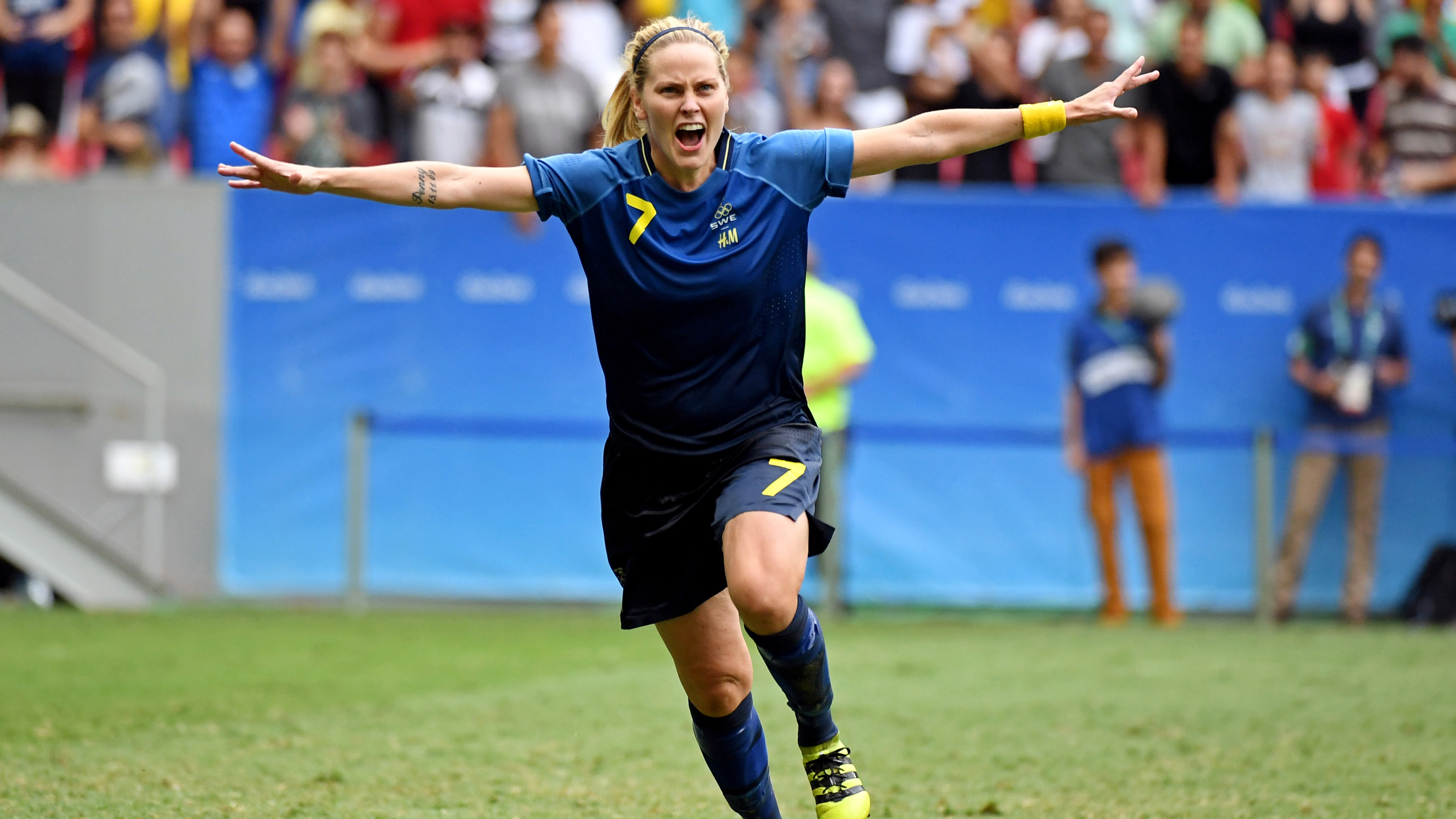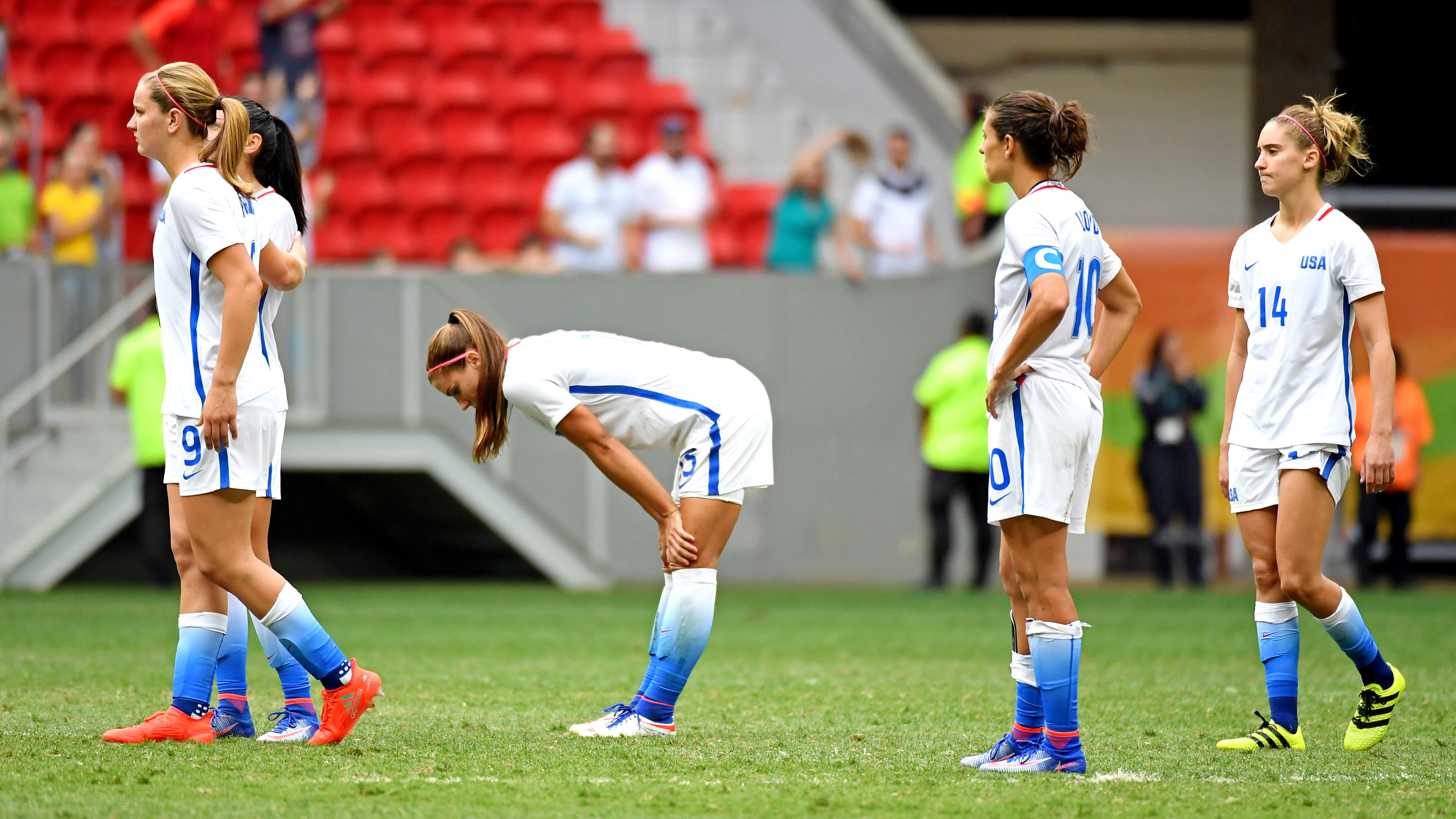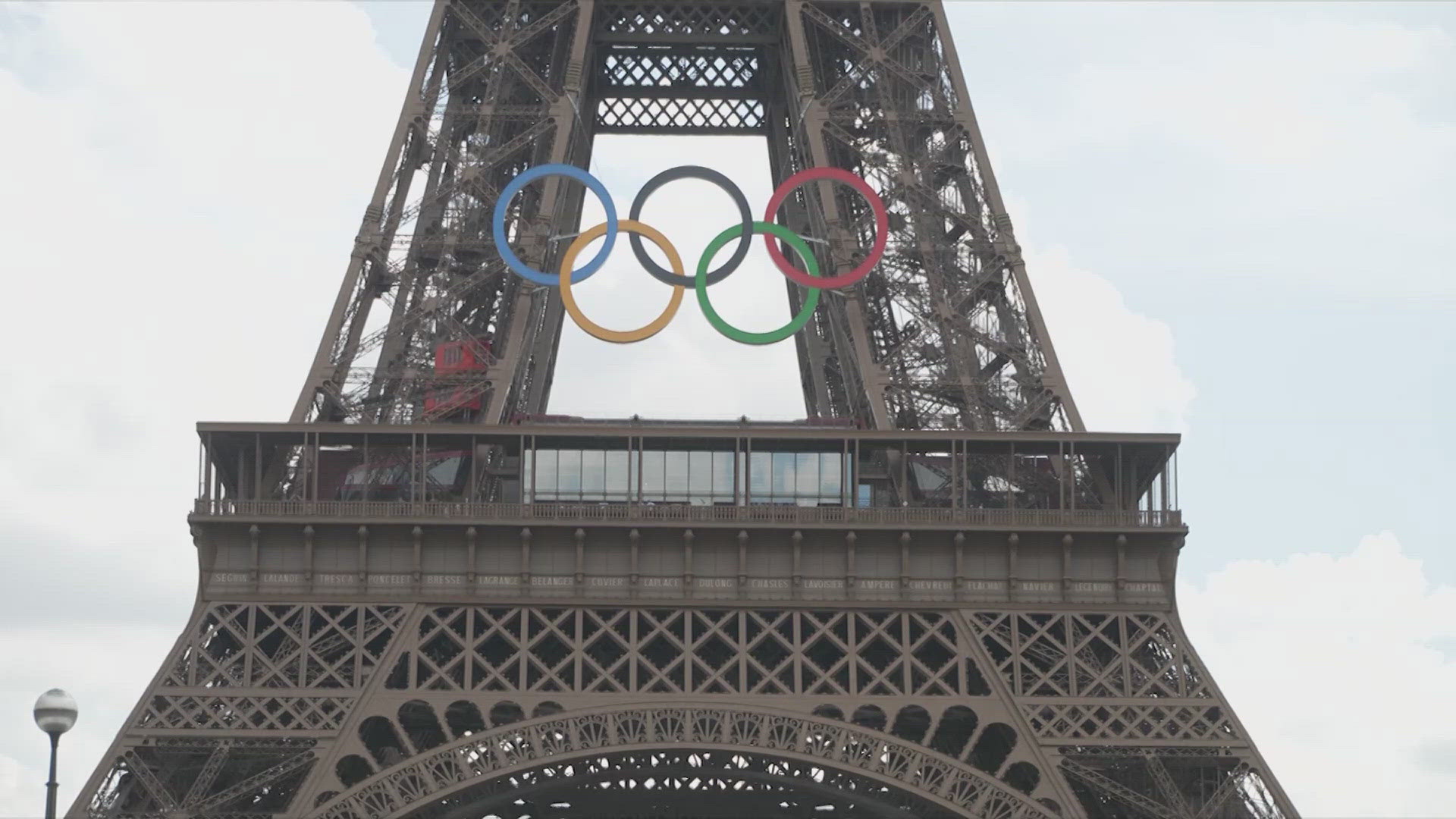Hope Solo had tried the trick before and it worked. This time it was all she had left, and it didn’t.
Solo, the controversial American goalkeeper, executed soccer’s version of icing the kicker at the end of Friday’s penalty shootout against Sweden. As Lisa Dahlkvist stepped up to try to hand the Swedes a quarterfinal victory after regulation ended 1-1, Solo called for time.
She waved to the referee, stepped to one side, and began to peel off her gloves. A United States assistant sprinted around to the side of the goal with a new pair. They looked identical to the others. Dahlkvist stood — smiling, waiting. And waiting. And then scored.
In that moment the juggernaut surrounding the United States women’s team came to a sudden, and hugely unexpected halt. The momentum built by last summer’s swashbuckling ride to the Women’s World Cup title, and, by further extension, by three straight Olympic gold medals, counted for little against a familiar face who turned into a smiling assassin.
Pia Sundhage might know the U.S. squad better than anyone except current coach Jill Ellis, having led the team to Games victory in 2008 and 2012 before returning to her homeland.
Despite the natural turnover in personnel, core members of the squad remain, the likes of Carli Lloyd and Megan Rapinoe and, yes, Solo.
This must go down as a lost opportunity, not because teams aren’t allowed to lose but because the Americans had the strongest collection of players in the tournament. However, as soccer history has shown time and again, that is not always enough.
Sweden gave itself a shot with its fight and determination and by Sundhage’s smarts, crowding the midfield and allowing the U.S. scarce room to breathe or flow. Stina Blackstenius opened the scoring on 61 minutes with a fine angled shot that left Solo no chance, before Alex Morgan equalized after 77 minutes.
A tense extra-time period saw each side have a goal disallowed late, with Lloyd being denied late before Lotta Schelin’s effort was also ruled out moments later.
Then, it was down to penalties, which has everything to do with steeliness of nerve and presence of mind. The U.S. cracked first, and never really recovered.
Morgan had her tame first kick stopped by Hedvig Lindahl, who had been instructed in the kicking habits of the Americans in the brief intermission that followed extra-time.

After four consecutive successful kicks, Solo produced a brilliant save, diving high and to her right to keep out Linda Sembrant and even things up. But Christen Press blazed the fifth American kick high over the crossbar, to leave things at the feet of Dahlkvist. And, potentially, in the hands of Solo.
So convincing was the U.S.’ destruction of Japan in last year’s World Cup final that people tend to forget that the semifinal showdown of that tournament, against Germany, provided what might have been the tipping point of the whole tournament.
With the scores tied at 0-0, Germany’s Celia Sasic stepped up for a penalty kick. As she approached the ball, Solo was not in the goal, instead pacing along the touchline, stalling for time — as she would later admit.
“It worked,” she said later.
This time it didn’t and this generation of the women’s national team, considered by some as the greatest ever leading into the tournament, now has a piece of history that it doesn’t want.
The defeat was the earliest exit it had ever made in a major tournament — spanning back seven World Cups and six Olympics. A year after the summer to remember, this was a Games to forget.


